New funding models are urgently needed to help Africa fast-track development and reduce the accessibility gap to green energy, according to experts.
The World Bank Group, in collaboration with the African Development Bank Group and the Sustainable Energy for All (SE4ALL), has set a Mission 300 goal to expand electricity access to 300 million people throughout the continent by 2030.
According to James Saruchera, Afrik co-founder, to achieve such goals, Africa needs to rethink its funding models. He said, “The world is spending $2.2 trillion on green tech and Africa accounts for less than 2% of that. That has to change. Afrik is our answer: faster funding, smarter systems, and a way for Africans globally to take part in the transformation of their continent.”
He disclosed that Afrik, which is built on blockchain technology, is the answer offering faster, fairer, and more inclusive options than the traditional aid or development finance to fund green infrastructure. Afrik uses smart contracts to ensure every vote and funding decision is secure, transparent, and tamper-proof.
About 12 projects spanning 13 countries have been shortlisted on vote.afrik.info to access funding under a democratized voting system under its test phase. The renewable energy projects are spread across countries such as Kenya, Ethiopia, Congo DRC, South Africa, Namibia, Angola, Ivory Coast, Rwanda, Nigeria, Egypt, Tunisia and Morocco.
Saruchera further shared that Afrik channels capital directly to vetted, revenue-generating projects – from solar farms and green hydrogen plants to AI-ready data centres and digital infrastructure. These practical, real-world projects, he said, set Afrik apart from speculative Web3 projects.
Instead of infrastructure decisions being made behind closed doors, Saruchera stated that Afrik connects people directly to African-led projects.
“Afrik bypasses slow, centralised systems and reduces reliance on foreign aid. Voting is geo-weighted, giving those who live near the projects more say.”
For Afrik users, Saruchera said that they will be able to buy tokens that let them vote on real, revenue-generating projects, from solar farms and hydrogen plants to AI-ready data centres. As projects go live, demand for Afrik tokens grows. This makes participation purpose-driven, opening up access to infrastructure funding to everyday people.
“Afrik makes it possible for anyone to help build Africa’s future,” said Jean-Marc Bourreau, economist and Afrik co-founder. “Every project is tied to real-world progress.”
Once fully launched later this year, Afrik tokens will be available to buy through major digital exchanges, just like other digital assets. Holding Afriks gives users the ability to show support for projects without giving up their tokens.



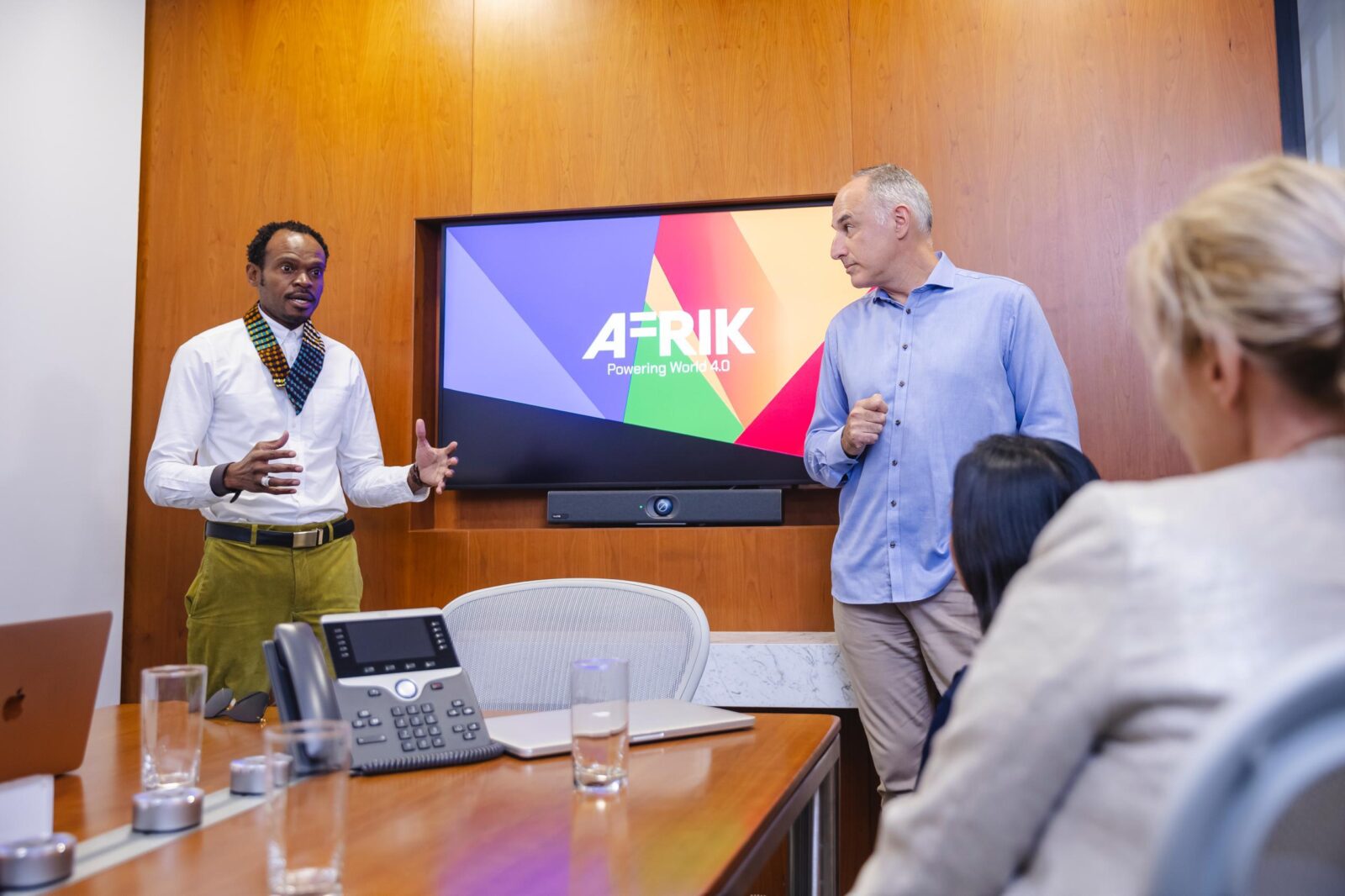


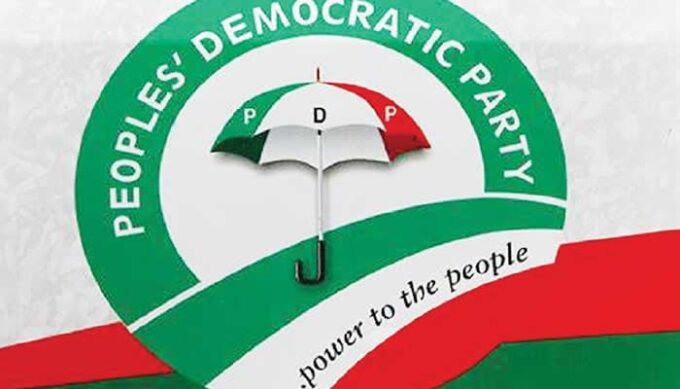

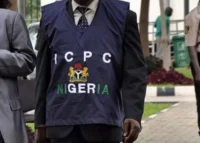
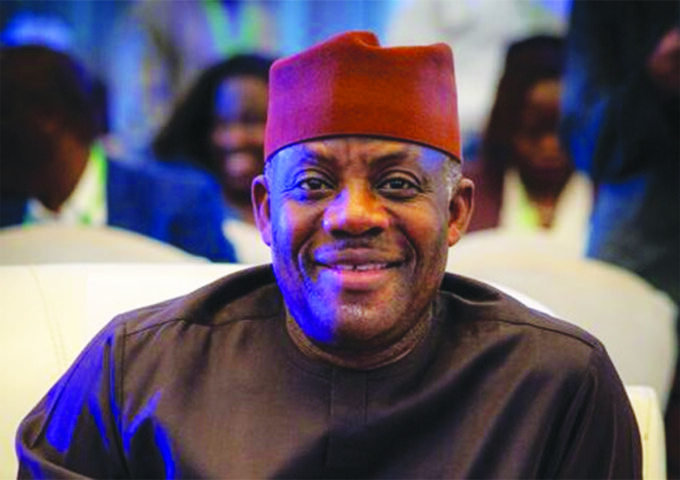
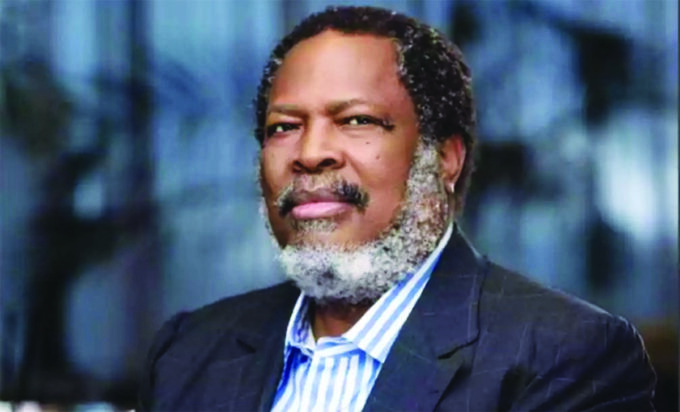
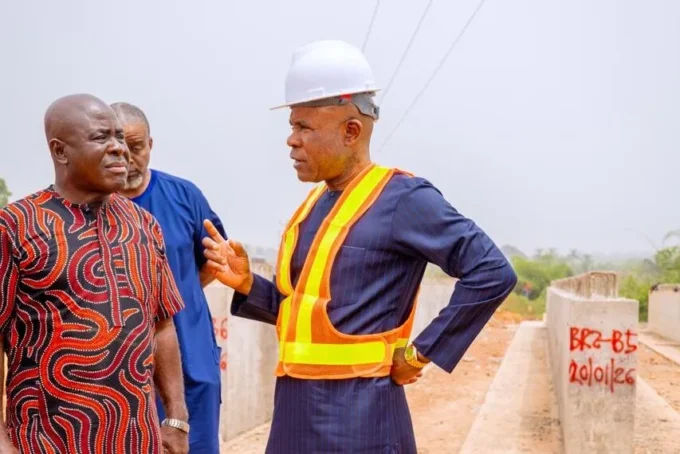
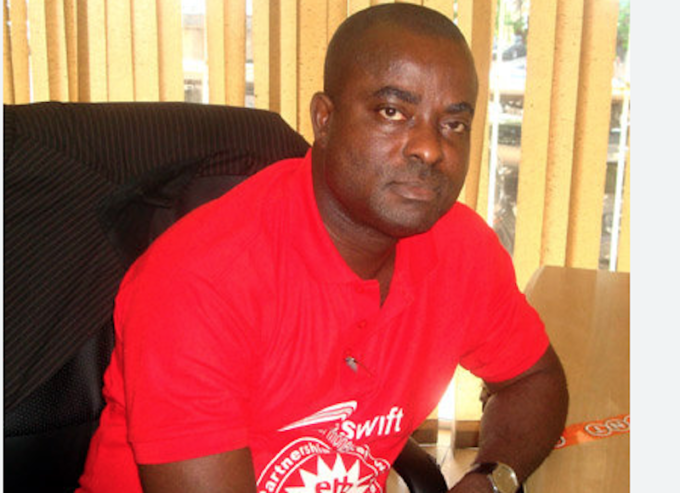


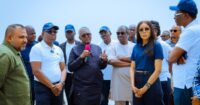
Leave a comment